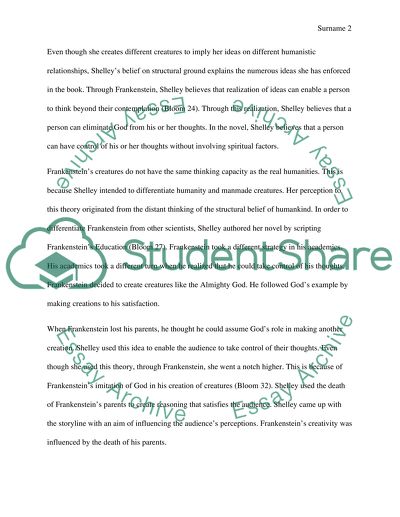Cite this document
(“Frankenstein Research Paper Example | Topics and Well Written Essays - 1500 words”, n.d.)
Retrieved from https://studentshare.org/literature/1490823-frankenstein
Retrieved from https://studentshare.org/literature/1490823-frankenstein
(Frankenstein Research Paper Example | Topics and Well Written Essays - 1500 Words)
https://studentshare.org/literature/1490823-frankenstein.
https://studentshare.org/literature/1490823-frankenstein.
“Frankenstein Research Paper Example | Topics and Well Written Essays - 1500 Words”, n.d. https://studentshare.org/literature/1490823-frankenstein.


